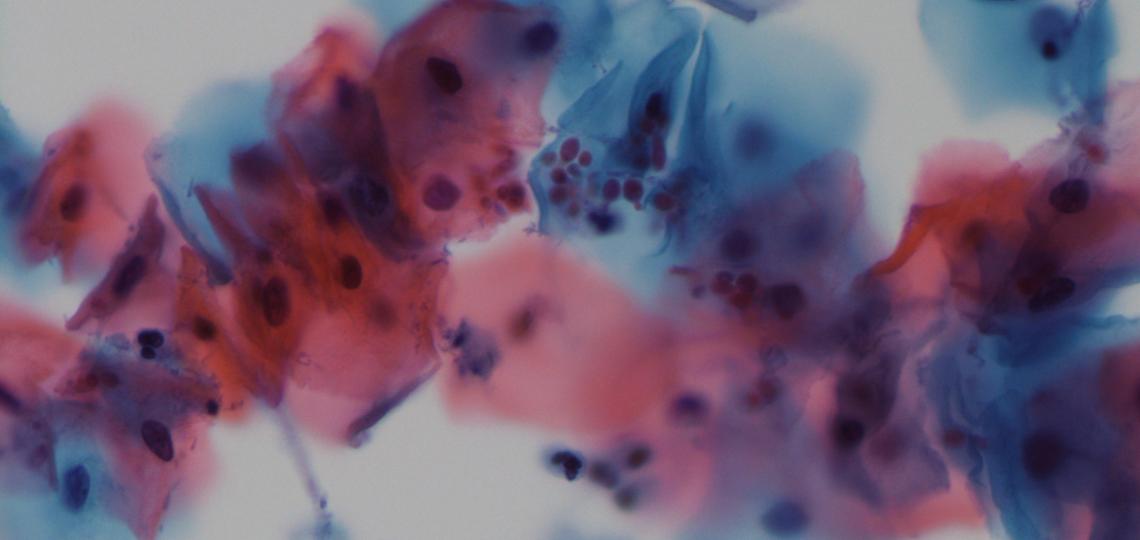
About the Program
The Department of Pathology at Baylor College of Medicine and its affiliated hospitals offer a one-year Cytopathology Fellowship. Three positions are offered each year. Cytopathology fellowship is fully accredited by Accreditation Council for Graduate Medical Education (ACGME). The program is designed to provide comprehensive training in diagnostic cytology including fine needle aspiration biopsy with surgical pathology and clinical correlation
Fellows rotate through Ben Taub Hospital and the Michael E. DeBakey Veterans Affairs Medical Center. Training will be provided in both gynecologic and non-gynecologic materials including performance and interpretation of fine-needle aspiration biopsies. Incorporation of ancillary studies such as flow cytometry will be an integral component of the Cytopathology Fellows training. Research opportunities are available in cytopathology, immunocytochemistry, flow cytometry, and image analysis. Fellows are also responsible for the Cytopathology unknown and multidisciplinary tumor board conferences. The program offers extensive experience in the performance and interpretation of FNAs, in addition to a broad training experience.
Candidates must be board certified or eligible for certification in anatomic pathology or AP/CP and must be eligible for a license to practice in Texas.
Curriculum
This fellowship takes place from July 1 – June 30. During the month of July, fellows perform FNA's and interpret adequacy checks of needle biopsies under the direct supervision of the cytopathology faculty. Once they have successfully completed 20 FNA's biopsies, they can begin to function independently. The cytopathology faculty also gives a series of introductory didactic lectures covering a variety of topics to educate the incoming fellows and pathology residents.
Trainees cover the FNA service at our clinic, as well as providing adequacy checks for deep FNA biopsies performed by other services, such as radiology, GI, and pulmonary. Trainees review gynecological and non-gynecological cases prior to sign-out with the attending faculty member, including the incorporation of immunohistochemistry, special stains, and flow cytometry data if needed.
The fellows also take a proficiency exam three times a year to monitor their training and fund of knowledge. The results of these tests are discussed with the fellows during their evaluation (midpoint and end of training).
Admissions
Life in Houston
Houston, the nation's fourth largest and most diverse city, offers all the benefits of a big city at a significantly lower cost of living than other major cities.








